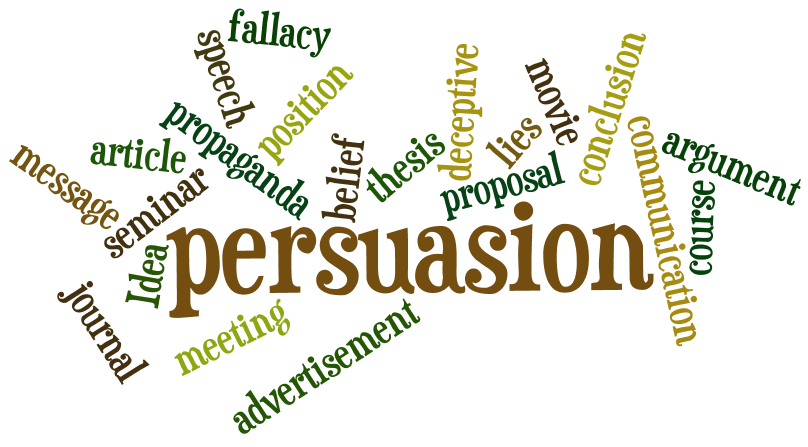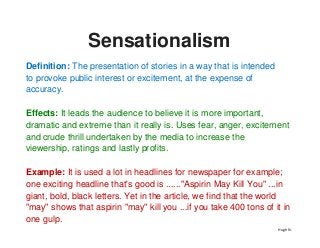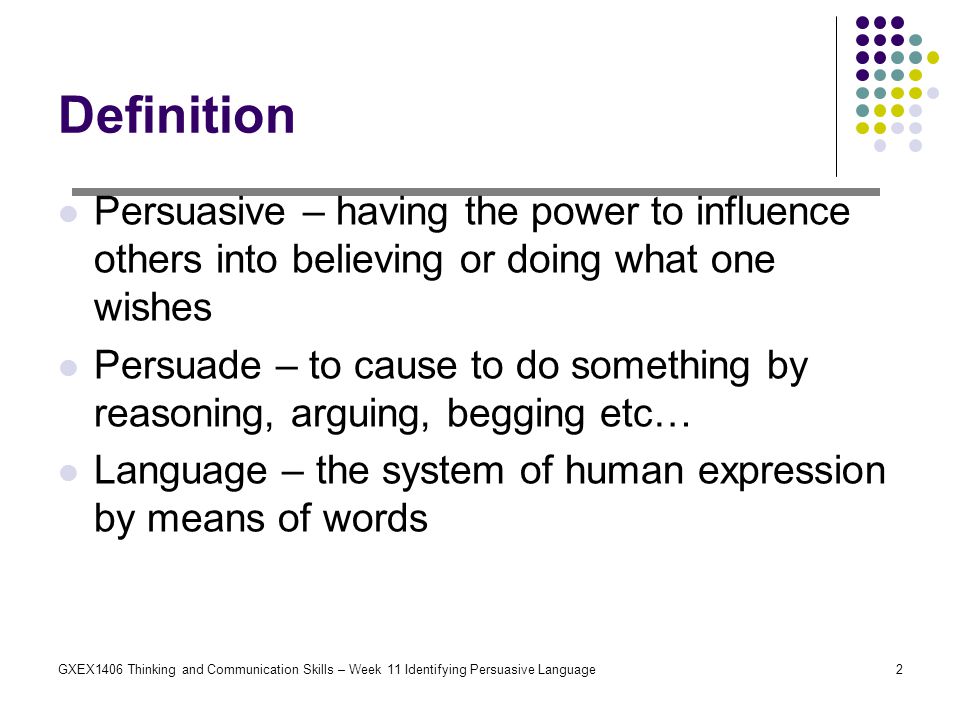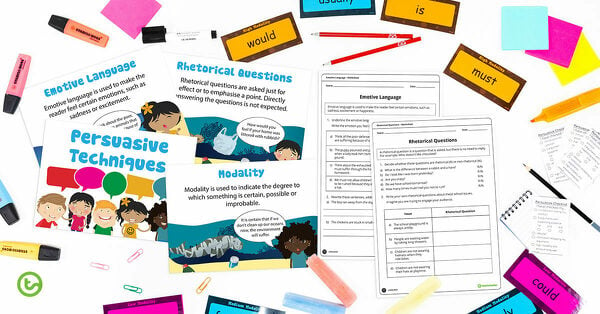Persuasive language is the use of words and phrases to convince or influence an audience to adopt a particular point of view or take a specific action. It is a tool often used in advertising, politics, and public speaking to persuade others to agree with a particular perspective or believe in a certain idea.
There are several strategies that can be used to make language more persuasive. One common technique is to use strong, emotional language to appeal to the audience's feelings and values. This can include using words like "love," "hate," "fear," or "hope" to tap into the audience's emotions and create a stronger connection to the message being presented.
Another effective technique is to use rhetorical devices, such as repetition, rhetorical questions, and rhetorical appeals, to make the language more memorable and impactful. Repetition, for example, can help to reinforce a message by repeating key words or phrases throughout the speech or piece of writing. Rhetorical questions can be used to engage the audience and encourage them to think more deeply about the topic at hand. And rhetorical appeals, such as logos (appealing to reason), ethos (appealing to the speaker's credibility), and pathos (appealing to emotion), can be used to make a more compelling case for a particular perspective.
Effective persuasive language also often involves the use of strong, active verbs that convey a sense of action or urgency. This can help to engage the audience and make them feel more invested in the message being presented. Additionally, using inclusive language, such as "we" and "us," can help to create a sense of community and commonality with the audience, making them more receptive to the message.
Overall, persuasive language is a powerful tool that can be used to influence the thoughts and actions of others. Whether it is through emotional appeals, rhetorical devices, or strong, active verbs, effective persuasive language can help to convince an audience to adopt a particular perspective or take a specific action.








